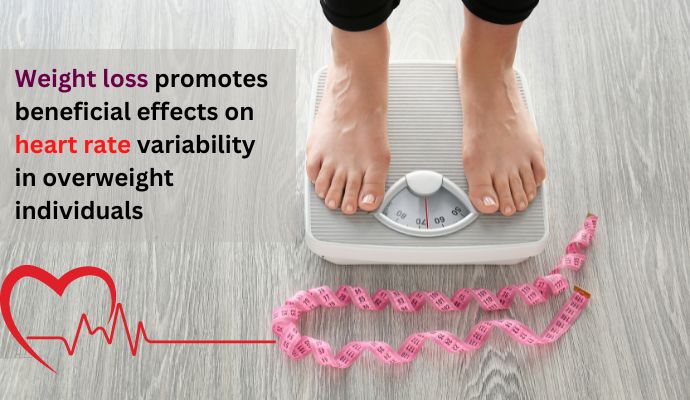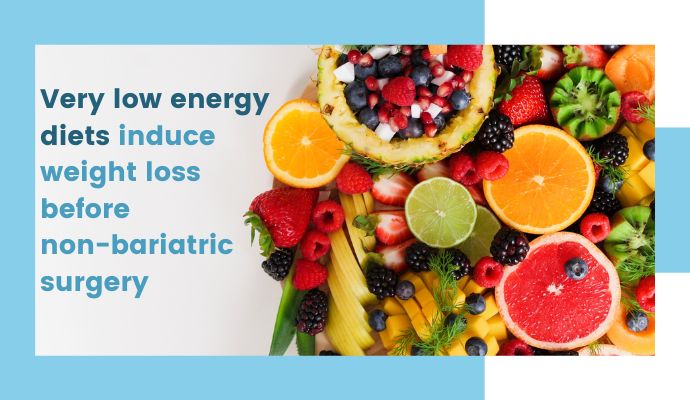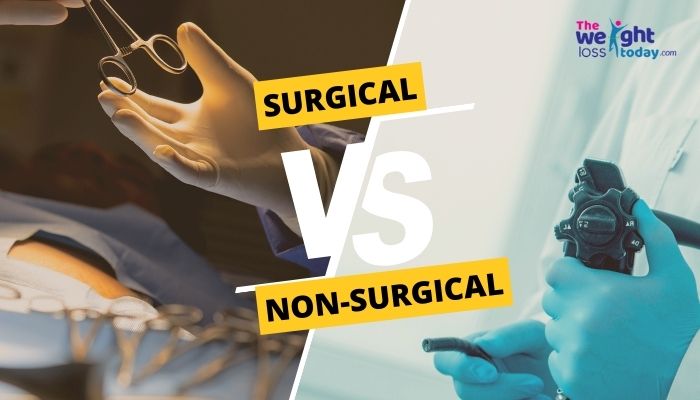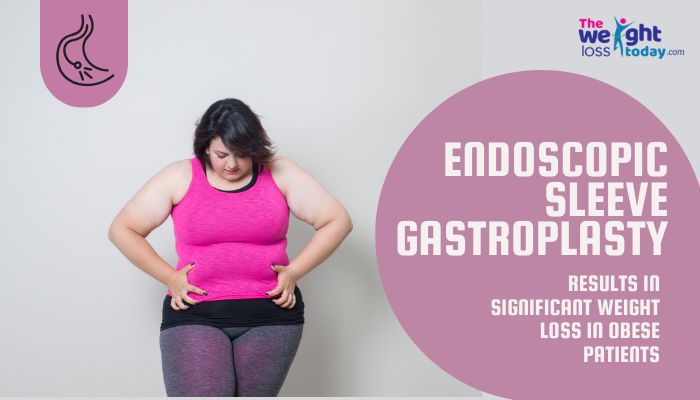
Sleep apnea and how it is associated with Obesity
Sleep apnea refers to a condition in which
58,994 total views, 117 views today
Home » Dietary Interventions for Weight Loss
Avoiding fats remain as a primary step for weight loss. However, remember that just like proteins and carbohydrates, fat is also a type of nutrient that is required by the body for energy backup, vitamin absorption, and also for heart and brain health.
Good fats : Some types of fats actually help in controlling your weight. These fats are called as good fats (unsaturated fats). Monounsaturated and polyunsaturated fats are two versions of good fats. The main sources for good fats include vegetables, nuts, seeds, milk, tofu and fish. Most of our cooking oils are good examples of polyunsaturated fats. They are essential fats that are required for various functions and choosing them in place of saturated fats reduce harmful LDL cholesterol, triglycerides and improve the cholesterol profile.
Bad fats : Dietary fats with unknown health benefits and those regarded as bad fats include trans fats. Consuming foods rich in trans fats increase the amount of harmful cholesterol (low density lipids – LDLs) and reduce the amount of beneficial cholesterol (high density lipids – HDLs). Saturated fats are other kinds that are found in whole milk and its derivatives, coconut oil, and many commercially available baked goods and other foods. Hence, rather than completely avoiding fats, it is important to include good fats in your diet, limit saturated fats and avoid harmful or bad fats. Try to avoid foods like cakes, cookies, and chips. Include more of plant-based foods. Also, you need to be vigilant not to replace fats for foods with empty calories as your body stores extra calories as fat, even if they come from fat-free or low-fat sources. This may lead to weight gain rather than losing it.
Nutritionists and dieticians equally agree that sugar consumption is the major cause of weight gain. They say that sugars from natural sources like fruits, vegetables, milk and dairy are healthy when consumed as a part of whole food. However, the problem lies with the added/hidden sugars in the processed or packaged foods. Added sugars are nothing but added calories without any nutritional benefits. Too much of added sugar in your diet could make you more likely to eat too much over the course of the day. They can also add on extra weight to your body, especially, in the abdominal area. It is well known that the fat around your abdomen is associated with many serious conditions like heart disease and cancer. Hence, cutting down sugars not only helps reducing weight but also to prevent other dangerous conditions.
In addition to body weight control, people who consume less added sugars tend to have lower triglyceride levels. It is recommended to limit added sugars less than 10% of a healthy daily diet. It is equivalent to about 11 teaspoons for an 1800-calorie diet. Try to avoid packaged foods and replace them with fresh fruits and vegetables. Read the nutritional labels before buying readymade foods and consider drinking water instead of sports drinks and other beverages.
Fiber is also an essential nutrient that carries various health benefits, especially for weight loss. Dietary fibers are of two types- soluble and insoluble fiber. They differ in the way they interact with water in your body.
Majority of foods contain both soluble and insoluble fiber. However, one should note that food in its natural form or unprocessed state contains higher levels of fiber. A fiber-rich diet makes you to feel full sooner, reduces appetite and helps you eat less, as it stays in the stomach longer than other foods. Hence, adding fiber in your diet helps to reduce calorie intake that can aid in weight loss. According to some studies, people who consume more fiber without any other dietary alterations lose almost as much weight than people who follow the heart-healthy, low-fat diets.
Fruits and vegetables are low-calorie options, which are packed with vitamins, minerals and phytonutrients that are necessary for body. It is good to include as much fresh fruit and non-starchy vegetables in your diet. The water and fiber in fruits and vegetables adds volume to your dishes, which helps you to feel full besides limiting your calorie count. Most fruits and vegetables are naturally low in fat and calories. They also take longer to digest making you feel fuller for longer. Consider eating fruits and vegetables the way nature provided or with good and fat-free cooking methods to avoid additional calories and depletion of their nutrients. Choose whole fruits over fruit juices as the calorie count increases while natural fiber is lost in juices. Also choose whole fruits rather than dried versions. Adding more vegetables in your main course and as snacking options can have tremendous effect on your calorie intake and weight management.

Sleep apnea refers to a condition in which
58,994 total views, 117 views today

Since the beginning of 20th century, the overall
58,970 total views, 116 views today

New year is the time for new beginnings.
59,670 total views, 116 views today

Weight loss can be tricky business, as it
59,541 total views, 116 views today

According to a recent study, weight loss through
60,440 total views, 116 views today

According to a recent study, preoperative very low
60,441 total views, 116 views today

A recent study conducted on GERD (Gastroesophageal Reflux
60,446 total views, 117 views today

A recent study done to examine the long-term
59,324 total views, 113 views today

Overweight and obesity is a major health concern
29,593 total views, 81 views today

A recent study published in the Journal of
28,782 total views, 80 views today

The findings from a recent study, published in
29,023 total views, 80 views today

The findings of a recent study, published in
29,424 total views, 81 views today